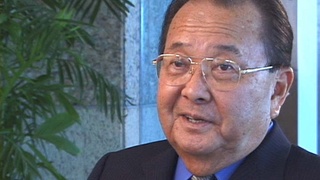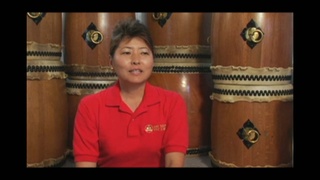Interviews
Growing up in segregated schools
I grew up in a very humble background: my parents were sharecroppers farmers, our living quarters were unpainted shacks, no running water, no electricity, outhouses – which I thought was normal.
I went to about five or six elementary schools - the earliest ones which were one-room school houses. And they were socially and economically segregated. In Sacramento County, where I spent third or...where I almost flunked third grade, schools were segregated. The Caucasian students went to one school and the Asian…and as far as I can remember we were all Japanese—there were no Chinese, no Filipinos…black–we never even saw one.
Date: January 3, 2015
Location: California, US
Interviewer: Lily Anne Y. Welty Tamai
Contributed by: Watase Media Arts Center, Japanese American National Museum





